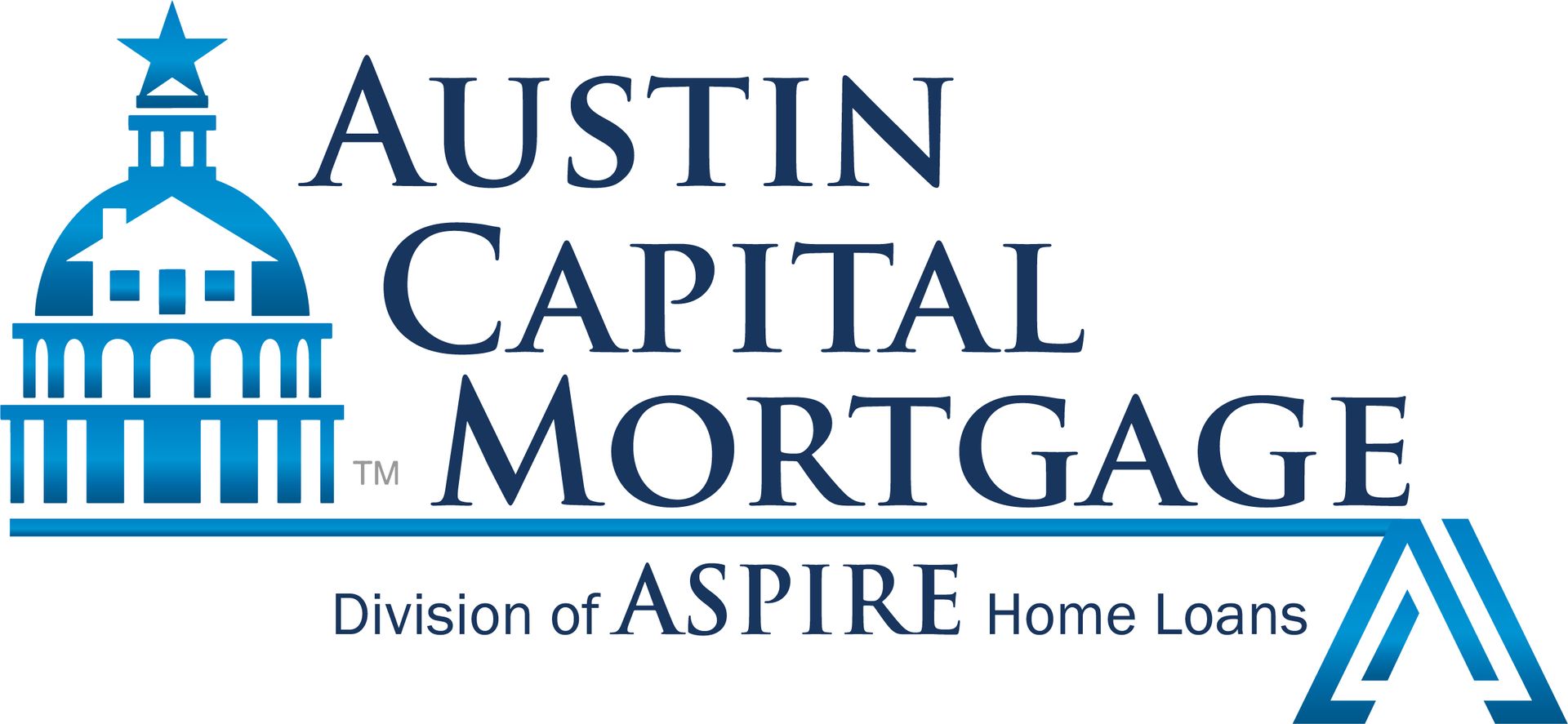What are the requirements for VA loans?
Josh Neimark
A VA loan offers several benefits for military families interested in buying a new home or refinancing their current mortgage. Active duty service members, veterans of any branch, or a surviving spouse could qualify for a VA home loan. Keep reading to learn about the requirements for VA loans and what you need to apply.
What is a VA loan?
A VA home loan is a mortgage created for eligible military service members, veterans, and surviving spouses.
VA home loans differ from other home loans in four key areas:
- Eligible borrowers can get a mortgage for 100% of a home’s purchase price, i.e., no down payment.
- VA loans don’t have private mortgage insurance (PMI). PMI is typically required for a conventional mortgage with down payments of less than 20%
- VA home loans are assumable. Assumable mortgages allow buyers to take over or ‘assume’ the existing mortgage; buyers don’t need to apply for a new mortgage.
- The Department of Veterans Affairs guarantees VA loans and will repay the lender if a borrower defaults. This reduces the risk mortgage lenders face, and that can mean better mortgage rates and terms for borrowers. Average VA loan rates hover between 4-6%.
Who can get a VA loan?
Active military service members are eligible for a VA home loan with a minimum of 90 days of service.
Most veterans with at least two years of service qualify for a VA loan. However, service requirements can vary widely depending on which of the six military branches you served with and the date you entered military service.
VA loan spouse requirements for widows and widowers can be challenging to navigate. Generally speaking, spouses of veterans who died during service or resulted in a service-related disability can qualify as spouses of veterans meeting MIA or POW military classification.
Do I need a Certificate of Eligibility for a VA loan?
To verify your eligibility as an active service member, veteran, or surviving spouse, you’ll need to provide a certificate of eligibility (COE).
A COE shows your mortgage lender that the VA has confirmed you meet the service requirements. Many lenders can get a borrower’s COE through an online system (called Web LGY). Borrowers can also request a COE by mail.
What are the VA loan eligibility requirements?
In addition to meeting service eligibility requirements, interested home buyers must meet additional VA loan qualifications in 2023, including the following:
Minimum credit score requirement
The Department of Veterans Affairs doesn’t establish a minimum credit score—credit score requirements are determined by each mortgage lender. And while it can vary from lender to lender, most lenders look for a credit score of 620 or “Fair” credit.
Debt-to-income (DTI) ratio
VA loan income requirements look at how much of your gross monthly income you are paying out in debt—also called the debt-to-income (DTI) ratio. Most VA lenders require a maximum DTI of 41%. However, select lenders will consider a higher DTI.
Occupancy
VA loans are for primary residences only. They can’t be used to buy a vacation or investment property.
Inspection and appraisal
As part of the VA loan process, your lender will require an appraisal of the property and a home inspection. The appraiser determines the home’s value.
A home inspector ensures your home meets the VA’s minimum property requirements, such as sufficient electricity to provide lighting and operate necessary appliances and a continuous and adequate water supply for showering, bathing, and drinking.
Down payment
While VA loans don’t require a minimum down payment, borrowers can put money down, potentially decreasing their monthly payments.
A mortgage calculator is a great tool to see how a down payment can impact monthly mortgage amounts.
VA loans offer no down payment options to eligible borrowers, provided the home’s price isn’t more than its appraised value.
Documentation
In addition to your COE, borrowers need to submit documentation to support the information they provide in their application.
Assets
If you have any of the following financial assets, you may be asked to provide statements showing their current status:
- Stocks
- Bonds
- Mutual funds
- 401(k)
- Life insurance with cash value
- Real estate
- Income verification
- In addition to a copy of your tax return, you may be asked to provide pay stubs, W2s, bank statements, profit, and loss statements or other financial statements that verify your income.
Downsides to a VA home loan
Borrowers must be current on any student loans or income tax payments. You may not qualify for a VA home loan if you carry any federal debt.
VA loans require borrowers to pay an upfront funding fee. This one-time fee helps to ensure the VA loan program will be available for future service members and their families. Borrowers can pay the VA funding fee in cash at closing or roll it into the mortgage amount.
Additionally, not all condos are eligible for VA loans. VA loans require that at least half of all units in a given condo are owner-occupied, i.e., renter-occupied condos must be less than half of all condos. At least 85% of all condo owners must be up-to-date on HOA fees.
VA loan requirements for sellers
The VA loan requirements for sellers are essentially the same as any other mortgage loan.
However, as mentioned above, the VA sets minimum requirements to ensure the property is safe and habitable.
For example, homes without running water or electricity would not meet the MPR for a VA home loan until repairs are made.
Many sellers appreciate the higher closing rate of VA loans. In 2021, 70% of VA loans in the United States closed.
Other home loan options available
Aside from VA loans, there are six main types of mortgages.
- Fixed-rate home loans offer a single interest rate for the lifetime of the mortgage. Terms generally range from 15 to 30 years.
- Adjustable-rate mortgages
have an interest rate that can adjust based on what the market does. They offer an initial fixed-rate period, after which the interest rate can adjust.
- Conventional mortgages are any home loan not backed by a government agency, such as the Department of Veteran Affairs.
- Government-backed mortgages include VA home loans and refinancing loans. The Federal Housing Administration and the United States Department of Agriculture are two other government agencies that guarantee home loans.
- FHA home loans
offer lenient credit requirements and are popular for first-time home buyers. USDA loans focus on rural properties and offer a zero-down payment option, like VA loans.
- Jumbo mortgage is a catch-all term for any mortgage for an amount larger than the loan limits Fannie Mae or Freddie Mac set each year.
Austin Capital Mortgage can help you navigate the entire VA home loan process with ease. To start your application or to speak with a VA loan specialist, get in touch today.

